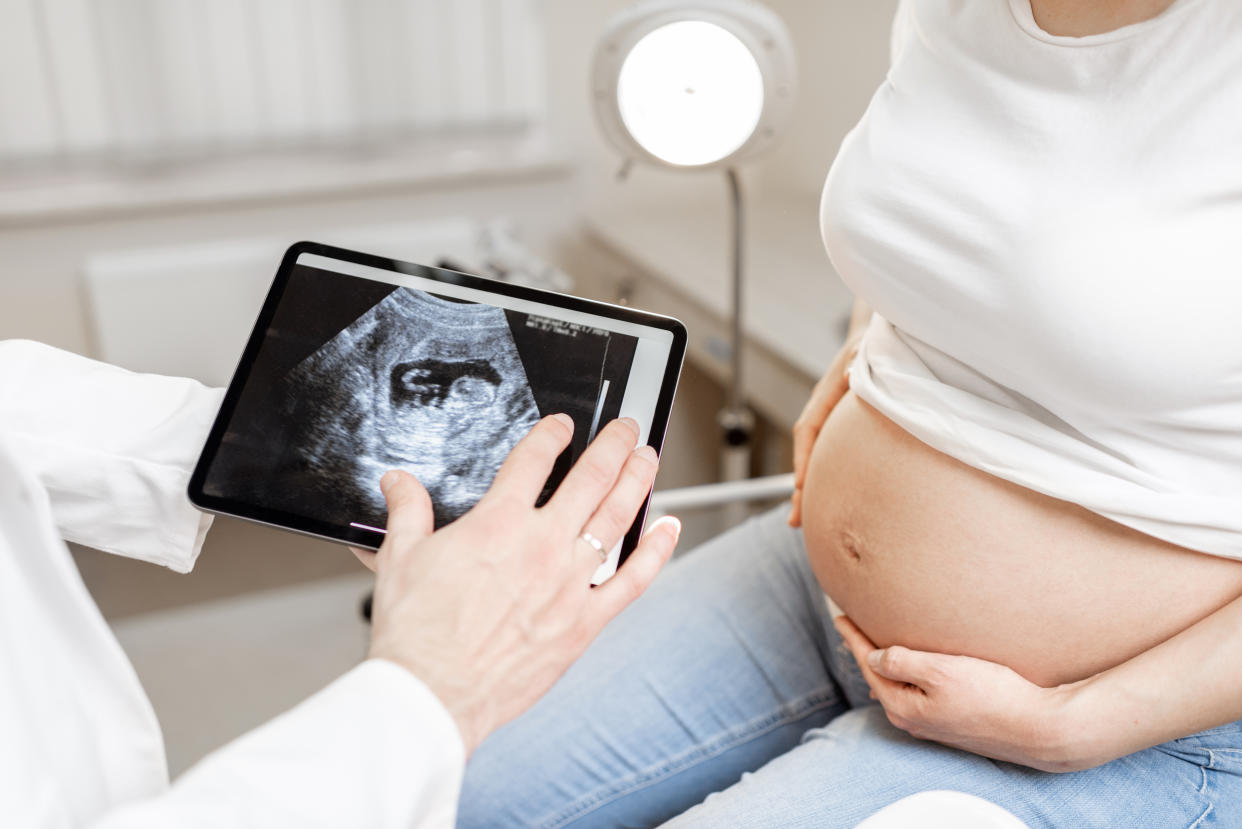Pregnancy actually increases your biological age, but you can undo it: study

Moms will tell you pregnancy ages them, but now there’s a study to support that theory — with an interesting caveat.
Being pregnant ages a woman by about two years, but there’s a way to turn back time. A woman can reverse her biological age by 8 years by giving birth, according to a study from the Yale Child Study Center published in Cell Metabolism last month.
“At three months postpartum, we saw a remarkably large decrease in biological age, by as much as eight years for some individuals, so while pregnancy increases biological age there is a clear (and pronounced) recovery in the postpartum,” assistant professor Kieran O’Donnell, PhD said in a Yale School of Medicine press release.
However, not all women recovered at the same rate. Women who could be classified as obese and who had a higher body mass index (BMI) before pregnancy didn’t age in reverse as much as women with a lower BMI, who were in the more normal weight range.
Breastfeeding also lowered the moms’ biological age. These findings could pave the way for more aging research.
“Lots to follow up on here,” O’Donnell said.
“First, we don’t know if the postpartum recovery effect is relevant for short- or long-term maternal health outcomes and if these effects accumulate over successive pregnancies. Likewise, we don’t know if the postpartum decrease in biological age is simply the system recovering to pre-pregnancy biological age or, more provocatively, if pregnancy may have a rejuvenating effect,” he added.
The researchers didn’t calculate the biological age of the women before pregnancy so they “can’t claim this is a rejuvenation effect,” O’Donnell said.
The scientists studied DNA methylation, a pattern that can be used to calculate someone’s biological age.
Chronological age does not change but biological age can “go up and down,” biomedical scientist Vadim Gladyshev at Harvard Medical School in Boston, Massachusetts told The Scientific American.
He and a team of researchers published a study in Cell Metabolism last year that found mice decreased in biological age after pregnancy and speculated the same could be true for humans.
However, while the methylation changes during pregnancy, “we would be wrong to assume pregnancy is a state of accelerated aging,” Dena Dubal, a physician-scientist and specialist in aging at the University of California, San Francisco said in the same article.
Instead, methylation could signify some of the changes the body makes to support the fetus.

